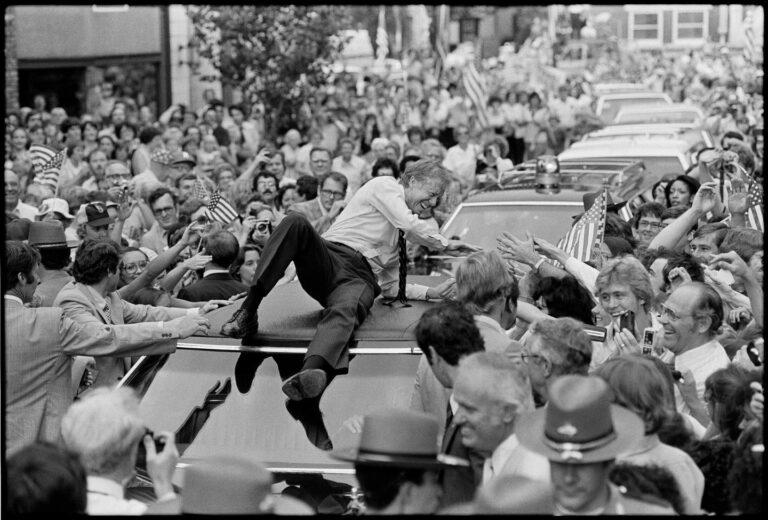From peanut farmer to Georgia state politician, to President, Jimmy Carter was known as more of a humanitarian than a politician, even though he made his life as a politician beginning in the 1960’s where he lost his first try for Georgia’s Governor’s seat.
He won that seat in his second try before running for president in 1976.
His impact on the trucking industry?
Historical.
President Carter signed the Motor Carrier Act in 1980. The legislation removed federal entry controls in interstate trucking and made it easier for carriers to reduce rates. President Carter’s signing statement predicted gains for consumers, shippers, and the trucking industry.
“I have today signed into law S. 2245, the Motor Carrier Act of 1980,” Carter wrote. “This is historic legislation. It will remove 45 years of excessive and inflationary Government restrictions and redtape. It will have a powerful anti-inflationary effect, reducing consumer costs by as much as $8 billion each year. And by ending wasteful practices, it will conserve annually hundreds of millions of gallons of precious fuel.”
“The Motor Carrier Act of 1980 will bring the trucking industry into the free enterprise system, where it belongs,” Carter added.
“It will phase out most of the antitrust immunity that has allowed rate bureaus to fix prices. It will eliminate redtape and encourage price competition by allowing trucking companies to price their goods within a zone of reasonableness not subject to ICC review, and it immediately ends antitrust immunity for all rates set through that zone,” Carter wrote. “The premise of the rate-zone provision is that increased competition between truckers will prevent abuses of this pricing freedom. I expect the ICC to implement this legislation effectively and promptly to ensure the vigorous competition needed to make greater pricing freedom work in the interest of shippers and consumers.”
Carter was the spearhead of the Panama Canal Treaty that turned control of the canal over the the Republic of Panama by 2000.
According to the Associated Press, Carter partially deregulated the airline, railroad and trucking industries and established the departments of Education and Energy, and the Federal Emergency Management Agency. He designated millions of acres of Alaska as national parks or wildlife refuges. He appointed a then-record number of women and nonwhite people to federal posts. He never had a Supreme Court nomination, but he elevated civil rights attorney Ruth Bader Ginsburg to the nation’s second highest court, positioning her for a promotion in 1993. He appointed Paul Volker, the Federal Reserve chairman whose policies would help the economy boom in the 1980s — after Carter left office. He built on Nixon’s opening with China, and though he tolerated autocrats in Asia, pushed Latin America from dictatorships to democracy.
Bruce Guthrie is an award-winning journalist who has lived in three states including Arkansas, Missouri and Georgia. During his nearly 20-year career, Bruce has served as managing editor and sports editor for numerous publications. He and his wife, Dana, who is also a journalist, are based in Carrollton, Georgia.









What he intended and what happened are two different things. Simply put he single handedly ruined the income of every individual truck driver. Union of not all were effectively limited to lower income and stagnant wages since then. That did more damage than OPEC has! Lower prices was the intention. But whoever saved or whatever was saved was on the backs of every truck driver since. Not to mention squeezing owners and fleets from having the funds for safe equipment.